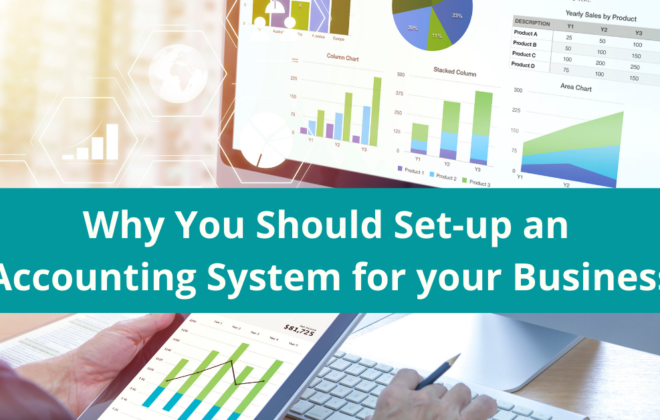How to Keep a Daily Record of your Business Transactions
Keeping a daily record of your business transactions is an important aspect of managing a successful business. Not only does it help you keep track of your income and expenses but it also helps you make informed decisions about the future of your business.
If you’re a business owner in the Philippines, here are some tips for keeping a daily record of your transactions:
1. Use the standard books of accounts
Depending on your business size and type, the following are the minimum books of accounts your business should maintain:
- Cash Receipt Journal – cash received from business transactions that are supported by receipts or invoice
- Cash Disbursement Journal – all cash payments to suppliers duly supported with supplier’s receipts or invoices.
- General Journal – used to record all transactions that cannot be recorded above
- General Ledger – summarizes all the entries made in all the different books of accounts and is also the basis of the business’s financial statements and tax returns
- Sales Journal – sales transactions on account with supporting Credit Sales Invoice
- Purchase Journal – credit-related purchases supported by Supplier’s Receipt or Invoice.
Moreover, you can register your business with BIR using one of the following types of books of accounts:
- Manual Books – columnar notebooks with rubber stamp and signature of a BIR representative, recording of daily transactions are done manually.
- Loose-leaf books – the transactions are encoded and recorded using a computer-based accounting system. Then, at the end of the year, the books of accounts are generated, bound and submitted to BIR.
- Computerized Accounting System (CAS) – all transactions are recorded, reports are generated, and receipts/invoices are issued through a digital or computerized accounting system. However, before this system can be used, it must first be thoroughly reviewed and approved by the BIR (Bureau of Internal Revenue)
Record transactions daily.
To stay on top of your business finances, it’s important to record your transactions daily. This will help you get a clear picture of your financial position and allow you to make timely decisions about your business.
Set aside time each day to enter your transactions into your accounting software or record them in a physical ledger.
Use a consistent system.
To ensure accuracy and efficiency, it’s important to use a consistent system for recording your transactions. This could be as simple as using the same account codes or categories for each transaction.
You may also refer to the Philippine Accounting Standards for an overview of bookkeeping and best practices in the fields. It’s a great starting point for understanding the basics of record-keeping.
By using a consistent system, you’ll be able to easily understand and analyze your financial data.
Review your records regularly
In addition to recording your transactions daily, it’s also important to review your records regularly. This will allow you to catch any errors or discrepancies and make sure that your records are up-to-date and accurate.
If you own a business, it is essential to keep your financial records organized using a system that has been approved by the BIR (Bureau of Internal Revenue). It is imperative that businesses must always be careful and thorough in tracking their transactions for the most accurate results.
Do you have more questions or concerns about managing your financial records?
If you require assistance with organizing or reviewing your financial records, our team is available to help you manage your accounting books. Feel free to email us at info@djkaaccounting.com for more details.
Recent Posts
- New Features and Functionalities of the Online Registration and Update System (ORUS)
- A Comprehensive Guide to Taxation for Freelancers in the Philippines
- New Tax Laws in 2024: What Changes Filipino Taxpayers Should Prepare For
- How to Avoid Common Tax Mistakes in 2024
- Tax Deductions and Benefits Often Overlooked by Filipino Taxpayers





